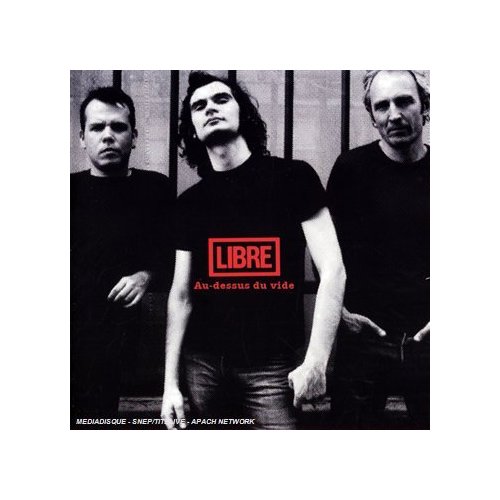
One of the middle or transitional dialogues of the ancient Greek philosopher Plato, "Gorgias" depicts a dinner gathering attended by Socrates and a group of sophists. Gorgias, a foreigner, has been drawn to Athens by its cultural and intellectual sophistication. In this dialogue Plato contrasts Gorgias, the rhetorician, with Socrates, the philosopher, whose differing specialties are persuasion and refutation, respectively. As Plato delves into arguments both incredible and forthright, he begins to contrast two differing ways of life, as exemplified by the rhetorican and the philosopher. The rhetorican in making use of language to persuade his audience gives no guarantee of convincing others towards a moral choice. In order that rhetoric might be used for good it must be guided by a moral philosophy arrived at through the Socratic method. Ultimately, Plato through Socrates, rejects the use of rhetoric for purposes either immoral or in advancing one's one self-interest in favor of an authentic morality arrived at through philosophical inquiry. This challenging dialogue exemplifies Plato's brilliant examination of one of the more important matters of philosophy, human morality. This edition is printed on premium acid-free paper and follows the translation of Benjamin Jowett with an introduction by Friedrich Schleiermacher.







